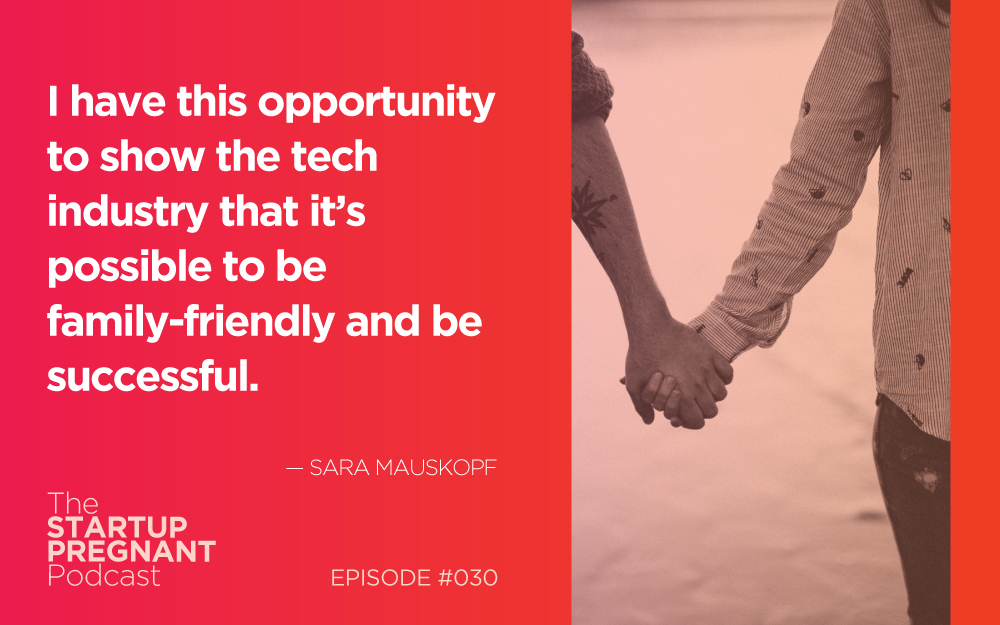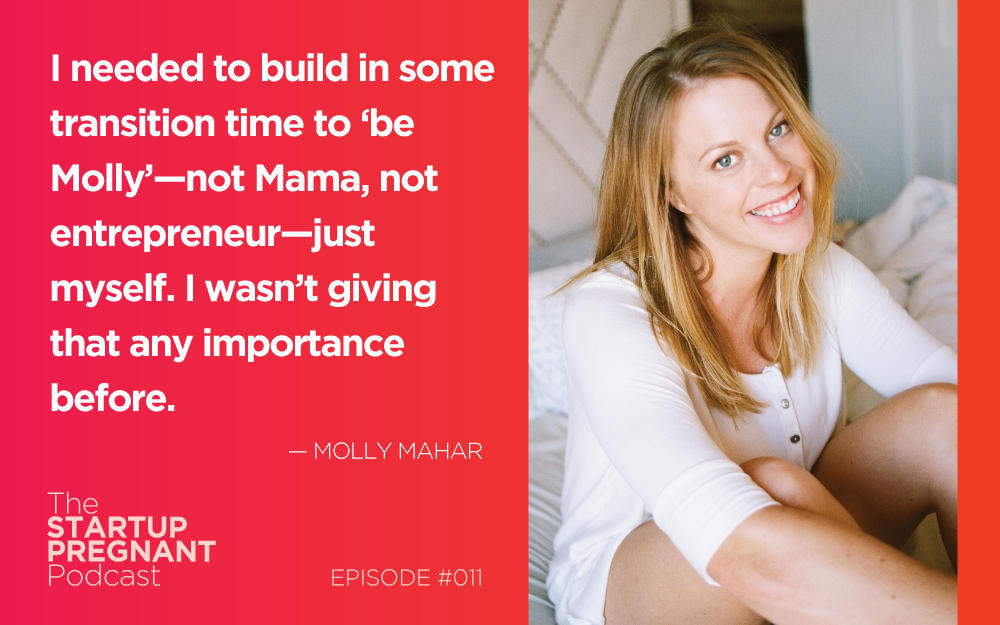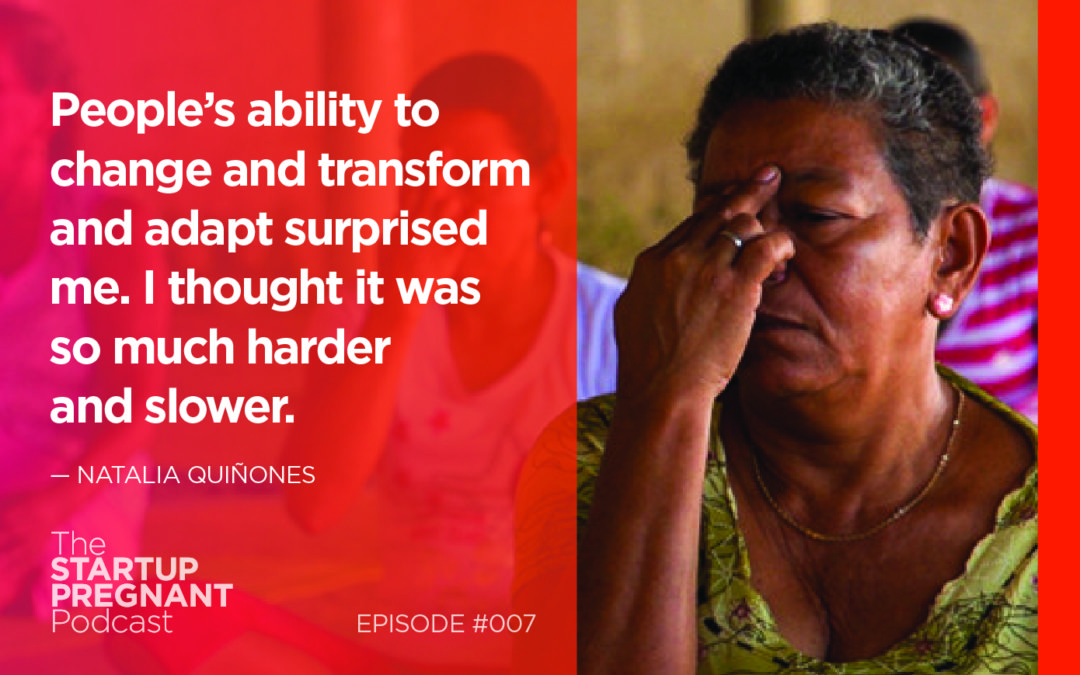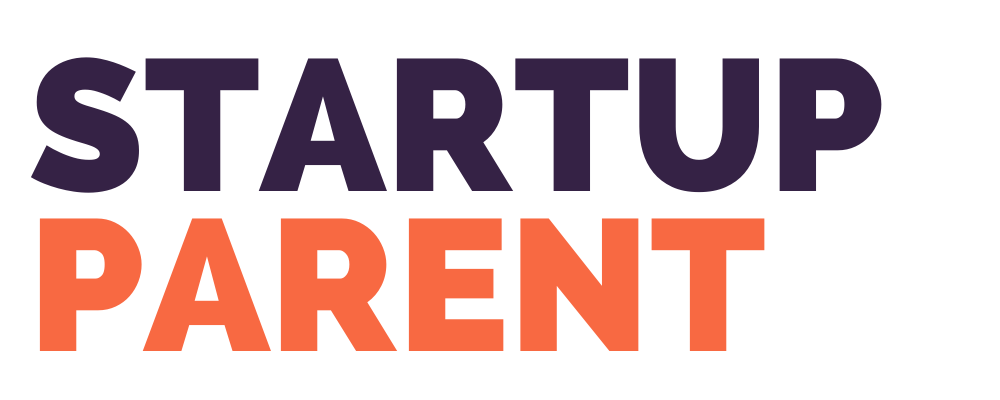
by Sarah K Peck | April 4, 2018
The first few days and weeks postpartum are challenging. Not only are you resting and recovering from the massive feat of bringing a baby into the world— but you’re also transforming in your relationships. Alongside this, I found that communicating clearly to others and setting good boundaries was also quite hard. How do you communicate to those around you what you need and want? How do you tell them how to help, and when it’s too much? In this post I want to share a strategy I love for preparing for your postpartum period: writing out to-do lists for other people ahead of time. Here are three lists you can use in your own planning.

by Sarah K Peck | January 15, 2018
How do we give up our quest for control? Sara Mauskopf walks us through the unexpected curveballs of new motherhood, fulfilling work and family health.

by Sarah K Peck | November 6, 2017
How often do you consider how your actual feeling? How an honest look into physical wellness can change the way we interact, take pleasure in life and experience true joy.

by Sarah K Peck | October 18, 2017
How do you work your way back after experiencing the severe trauma of a great loss? What if that trauma was wrapped up in living through an armed conflict, either as a victim or aggressor? And what if a culture of violence was the only life you’d ever known? The people of Colombia have been endured armed conflict since the mid-1960’s, when the Revolutionary Armed Forces of Colombia (FARC) and other guerrilla movements began fighting for influence in the country. In 2010, Natalia and María Adelaida López founded Dunna: Creative Alternatives for Peace, to introduce basic poses to both the poor, mostly rural victims of the conflict and the guerilla fighters who once terrorized them. The yoga classes have proven to reduce the symptoms of PTSD and equip locals with the tools to heal themselves. Today Natalia shares the science behind yoga’s ability to heal, the similarities among victims and aggressors of the conflict, and her surprise at people’s capacity for change.




